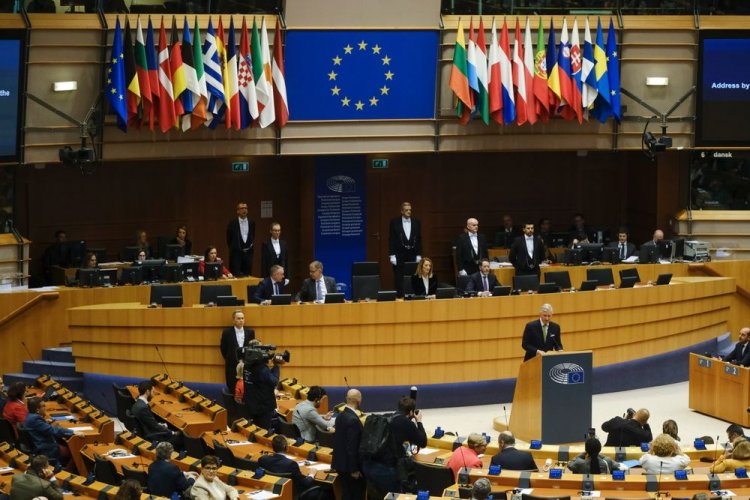The European parliamentary majority, which includes the European People's Party (EPP), the Socialists and Democrats (S&D) and the Liberals (Renew Europe), agreed to amend directives on environmental responsibility for companies and businesses.
This was reported by Politico.
In particular, the rule (Corporate Sustainability Due Diligence Directive, CSDDD), which obliges companies to take into account human rights and environmental standards in supply chains. It will now be applied only to large businesses with more than 5,000 employees and a turnover of €1.5 billion or more. Previously, the thresholds were much lower: 1 thousand employees and €450 million.
According to politicians, hundreds of EU medium-sized enterprises that were previously subject to strict requirements will no longer be required to keep detailed reports on environmental impact or human rights. They explain that the decision is aimed at reducing the administrative burden on companies and simplifying the implementation of environmental requirements.
Criticism of the decision from the environmental community
Environmentalists have viewed the new agreement as a step backwards in the fight against climate change and human rights violations. According to them, the decision to increase thresholds for businesses means that fewer companies will fall under regulatory oversight.
Eco-activists added that small and medium-sized enterprises, which were previously required to comply with environmental standards, will now remain without supervision. This, they argue, could undermine the effectiveness of the directive and make business less “transparent” regarding environmental and social risks.
Representatives of the European parties expect that the new rules will enter into force in 2027, but before that, they must be voted on in the European Parliament and detailed with the governments of EU countries.
It is worth recalling that European Union environment ministers plan to set a new target for reducing greenhouse gas emissions by 90% by 2040.
The changes relate to the reduction of greenhouse gas emissions for European Union member states and signatory countries by 90% by 2040, compared to 1990 levels. In addition, at its meeting, the European Commission outlined key elements and conditions that it must include in its legislative proposals on greenhouse gas emissions after 2030 so that parties to the Paris Agreement will be able to achieve climate goals by 2040.





